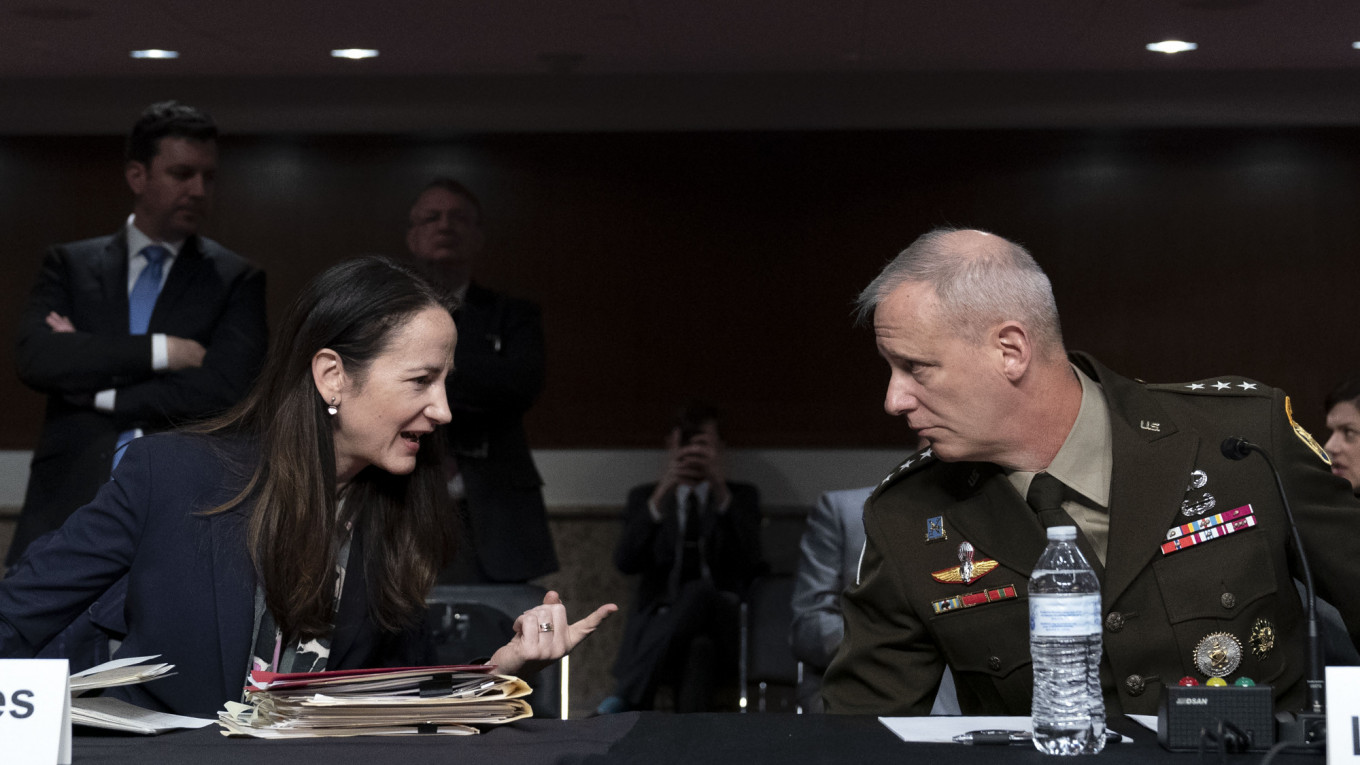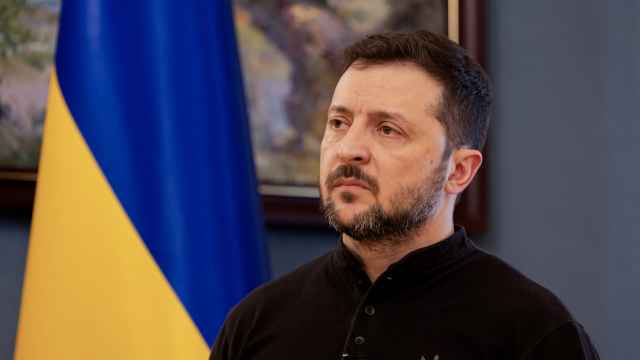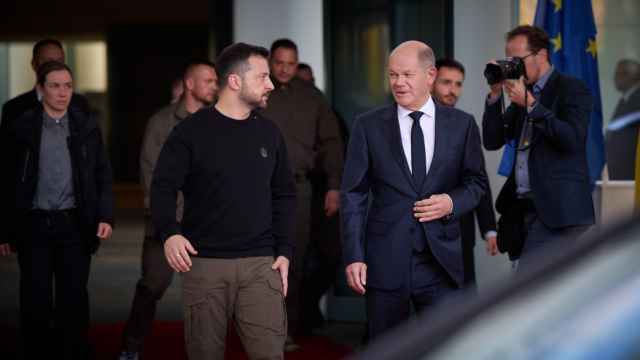The United States has placed limitations on intelligence sharing with Ukraine to avoid heightening tensions with Russia, The Washington Post reported Wednesday.
Two new prohibitions include information that would help Ukraine kill senior Russian military officers and any information that would help Ukraine attack Russian targets outside its borders.
The U.S also has a rule against providing “targeting information” on the location of a particular Russian general, The Washington Post reported, citing unnamed U.S. and Ukrainian officials.
Legal experts told the WP that the distinction between intelligence-sharing and “targeting information” can help the U.S demonstrate it is not a party to the Russian-Ukrainian conflict.
“If the U.S. were providing targeting information to a foreign party... we’re directing those forces and they’re acting as a proxy for us,” former State Department official Scott Anderson told the WP.
“That might be seen as getting close to the line of actually attacking Russia, at which point Russia could arguably respond reciprocally,” said Anderson.
The WP report follows U.S. media reporting last week that said U.S. intelligence had helped Ukraine identify and target the Russia's Moskva missile cruiser and Russian generals on the battlefield.
Russia’s top general Valery Gerasimov, who reportedly narrowly escaped a Ukrainian strike while visiting troops near the front line, would be off-limits under the self-imposed limitations.
The U.S has provided $3.8 billion in arms and equipment to Ukraine since Russia invaded.
The U.S. House of Representatives this week voted for an additional $39.8 billion military and security package for Ukraine, which the Senate is expected to approve and send to President Joe Biden to sign.
Moscow has accused the U.S. of fighting a “proxy war” by supplying Ukraine with military assistance.
A Message from The Moscow Times:
Dear readers,
We are facing unprecedented challenges. Russia's Prosecutor General's Office has designated The Moscow Times as an "undesirable" organization, criminalizing our work and putting our staff at risk of prosecution. This follows our earlier unjust labeling as a "foreign agent."
These actions are direct attempts to silence independent journalism in Russia. The authorities claim our work "discredits the decisions of the Russian leadership." We see things differently: we strive to provide accurate, unbiased reporting on Russia.
We, the journalists of The Moscow Times, refuse to be silenced. But to continue our work, we need your help.
Your support, no matter how small, makes a world of difference. If you can, please support us monthly starting from just $2. It's quick to set up, and every contribution makes a significant impact.
By supporting The Moscow Times, you're defending open, independent journalism in the face of repression. Thank you for standing with us.
Remind me later.






